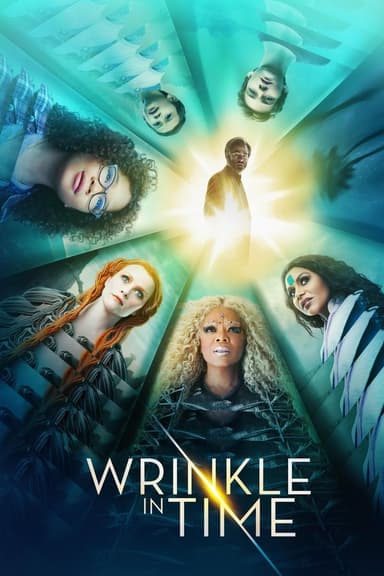
The Adventures of Baron Munchausen
1988 • Adventure, Comedy, Fantasy • PG
An account of Baron Munchausen's supposed travels and fantastical experiences with his band of misfits.
Runtime: 2h 6m
Why you should read the novels
Experience the boundless imagination and wit of Baron Munchausen directly from the source. The original books plunge the reader into a labyrinth of fantastic adventures, tall tales, and outrageous impossibilities that delight in their sheer creativity. The literary escapades fuel the mind’s eye, offering a playful embrace of absurdity and storytelling’s power.
Rudolf Erich Raspe and Gottfried August Bürger’s works provide a window into Enlightenment-era satire, blending biting humor with unapologetic fantasy. Reading these stories allows you to savor the dazzling language, subtle commentary, and wondrous exaggerations that defined European literature’s vibrant era.
By reading the source novels, you become part of the timeless tradition of oral storytelling, revelling in the Baron’s unreliable narration. These stories are not bound by film’s visuals, letting your own imagination conjure the Baron’s world in all its whimsical glory.
Adaptation differences
One of the biggest differences between the film and the original novels is narrative structure. The film weaves Baron Munchausen’s tales into a single adventure, featuring a cohesive overarching plot with campaign-like episodes, whereas the books present a series of loosely connected, wildly exaggerated anecdotes without a binding narrative thread. The episodic nature of the book allows for frequent digressions and a sense of unpredictability that is more fragmented than the movie’s heroic quest.
Characterization also differs significantly. In the novels, the Baron is an unreliable narrator, often contradicting himself and intentionally blurring fact and fiction, which adds a satirical layer. The film, meanwhile, personifies Munchausen as a quixotic, romantic hero fighting against reason, bureaucracy, and death, giving his character more emotional depth and philosophical intent than found in the source material.
The movie introduces several new characters and themes absent from the books, such as the young girl Sally, who acts as the Baron’s foil and companion. The presence of moralizing, fantastical villains and a more pronounced anti-authoritarian message is Gilliam’s addition, reflecting modern sensibilities and critiques rather than the original works’ lighter, more parodic tone.
Lastly, the visual spectacle and surrealism of the film are distinct from the novels, which rely on the reader’s imagination and humor. The intricately designed sets, elaborate costumes, and special effects of the movie convey visual marvels that Raspe and Bürger only hint at in prose, making the adaptation a re-interpretation rather than a direct translation of Munchausen’s legendary tales.
The Adventures of Baron Munchausen inspired from
Baron Munchausen's Narrative of his Marvellous Travels and Campaigns in Russia
by Rudolf Erich Raspe
The Surprising Adventures of Baron Munchausen
by Rudolf Erich Raspe
The Travels and Surprising Adventures of Baron Munchausen
by Gottfried August Bürger











